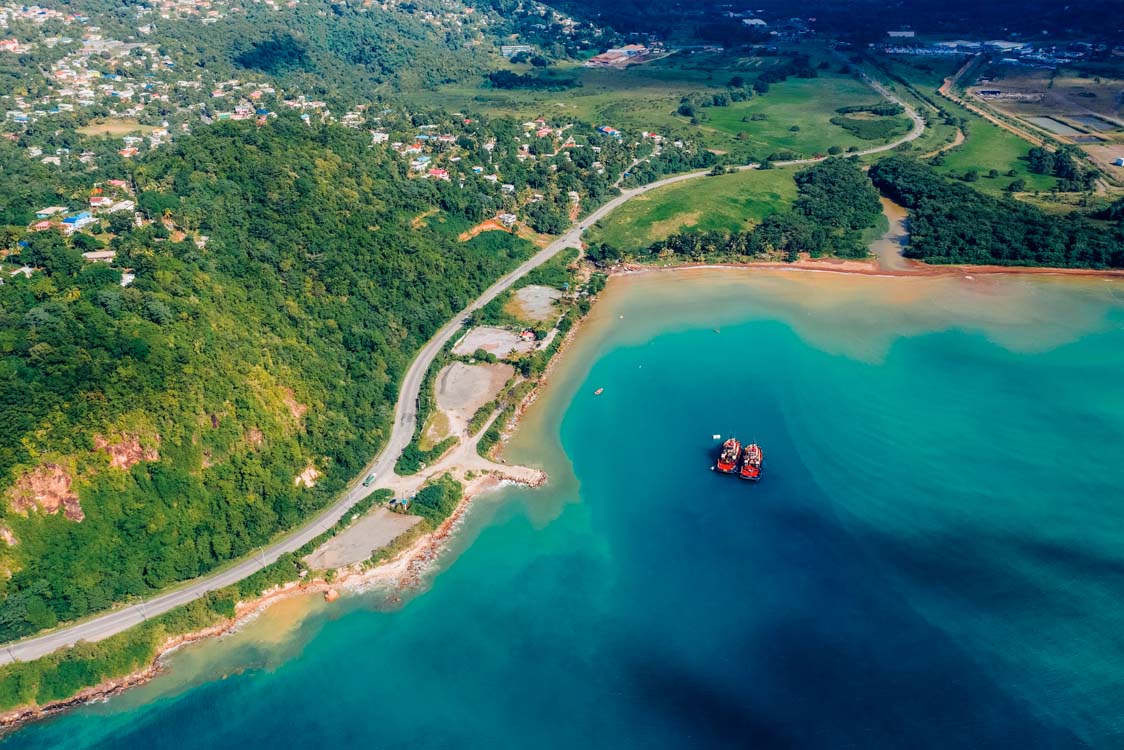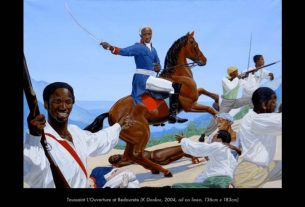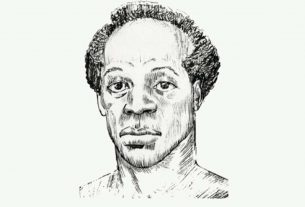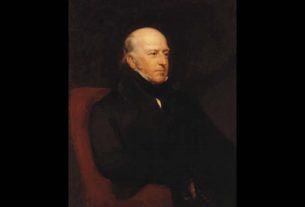When the British Government appointed the Moyne Commission in 1938, it had hoped to
exclude constitutional issues from its investigations and recommendations. But, among the Commission’s recommendations was the recognition of trade unions and political parties, first in Jamaica and Barbados. Universal adult suffrage followed, and politicians like Norman Manley (Jamaica), Sir Alexander Bustamante (Jamaica), Dr Eric Williams (Trinidad & Tobago), Dr Cheddie Jagan (Guyana), Forbes Burnham (Guyana), and Sir Grantley Adams (Barbados) emerged. To some extent, they were influenced by political activists like Henry Sylvester Williams (1869–1911) who helped to found the African Association, which lobbied for human rights in the colonies and was instrumental in holding the first Pan-African Conference in London (1900). Other influences included Samuel Jules Celestine Edwards (1857–1894), John Alcindor (1873–1924), John Richard Archer (1863–1932), John Barbour-James (1867-1954), W. E. B. Du Bois (1868–1963), Marcus Garvey (1887–1940), George Padmore (1903–1959), to name but a few.
The West Indies Federation was a short-lived political union that existed from January 1958 but collapsed in May 1962. With political pressure on Britain, independence for the larger colonies followed. Jamaica was first on 6 August 1962. The future of the new nations was left in the hands of local politicians, and although there was some British financial assistance, industrial growth has been slow. The countries are still steeped in economic debt, and may be so for the foreseeable future.




